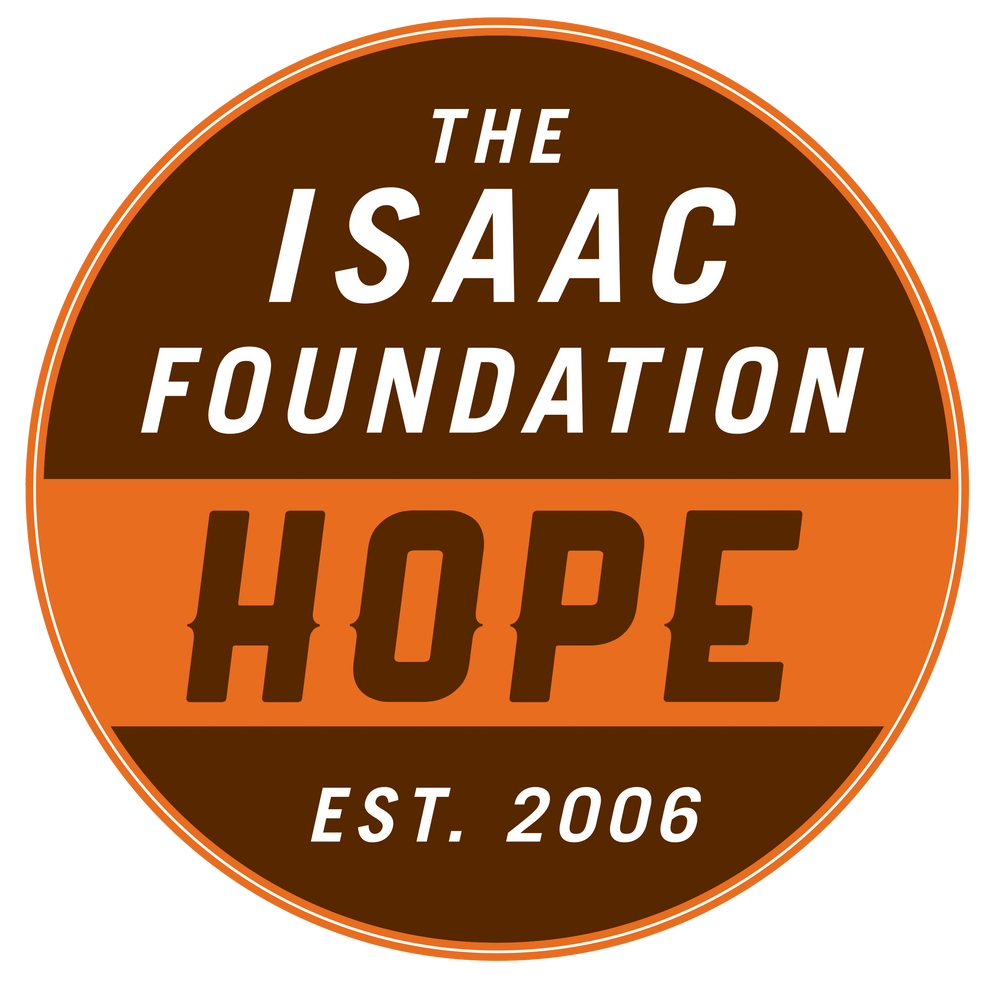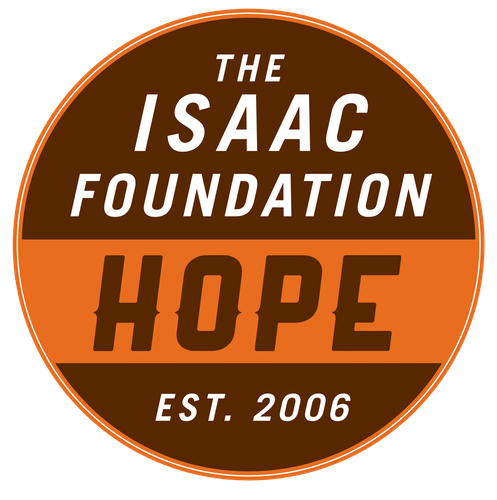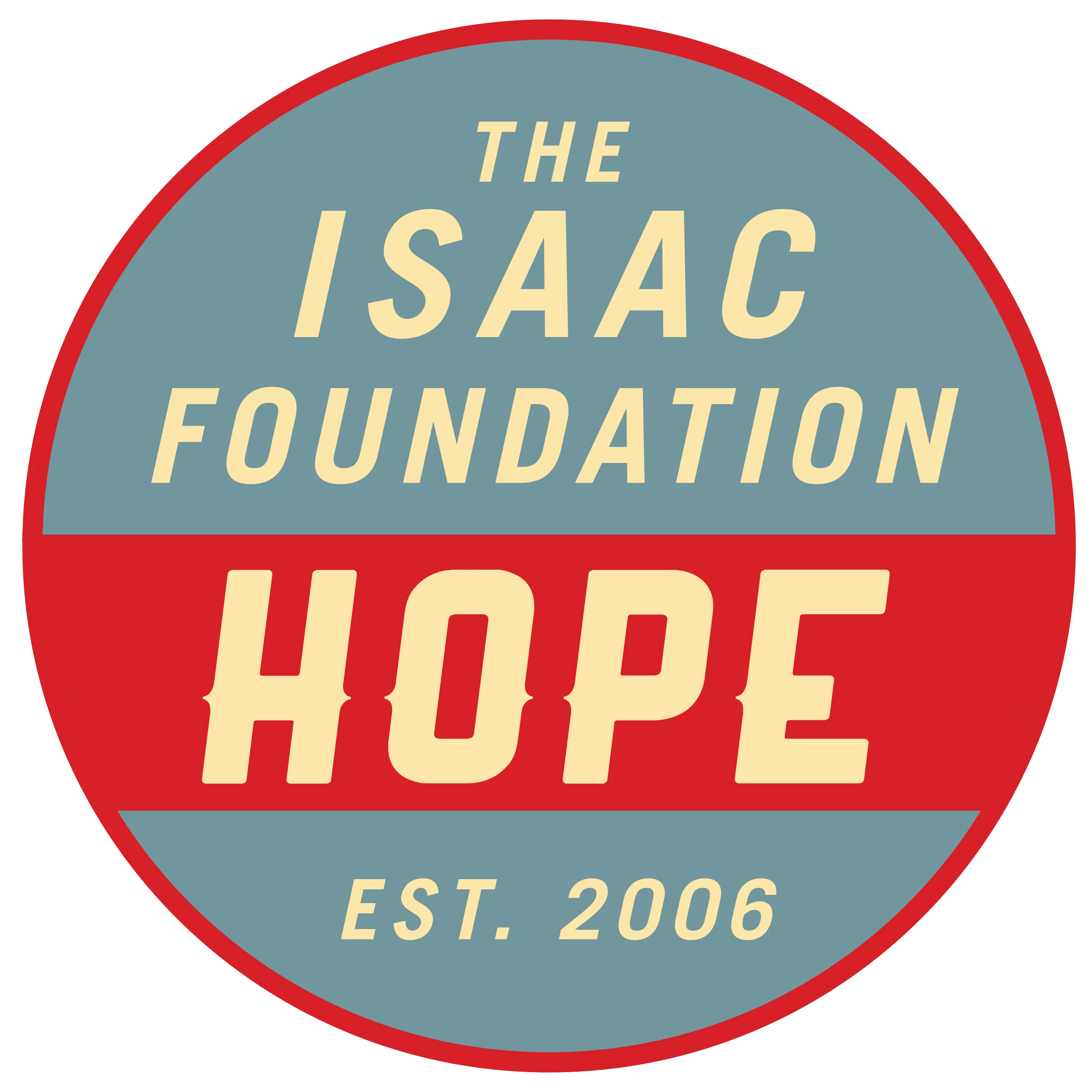



Published: 5/16/2013
Mt. Sinai Takes Steps To Develop Potential Treatment for MPS I Patients
Foundation Calls For Commitment of Timely and Accessible Outcome for Families

On this International MPS Awareness Day, The Icahn School of Medicine at Mt. Sinai announced a partnership agreement with bene pharmaChem to conduct clinical studies on the use of pentosan polysulfate (PPS) in patients suffering from MPS I disease. With this announcement, The Isaac Foundation is calling on Mt. Sinai and bene pharmaChem to immediately commit to ensuring that such studies take place in a timely fashion and that any marketed treatment is made readily available, accessible, and affordable for children and adult MPS sufferers alike.
Sufferers of MPS lack an enzyme in their blood that breaks down cellular waste in the body called glycosaminoglycan (GAG). These GAGs build up in the bones, tissues, organs, and muscles of affected individuals and lead to many devastating symptoms including heart and airway disease, corneal clouding, stiffening of the joints, shortened stature, and premature death.
PPS has been shown to reduce the chronic inflammation associated with the majority of MPS cases; inflammation that leads to many devastating physical symptoms for sufferers. The major research on PPS was completed by Dr. Cologera Simonaro at Mt. Sinai University and supported in part by grants from The Isaac Foundation for MPS Treatment and Research.
The Isaac Foundation has taken an active role in ensuring an in-depth and proper study be conducted on the potential use of PPS as an adjunct therapy for patients suffering from all MPS diseases and has led the advocacy efforts to bring pharmaceutical giant Johnson & Johnson on board to help with such study. As a direct result of these advocacy efforts, Johnson & Johnson created an advisory panel consisting of the top MPS clinicians and researchers in North America. This panel is set to meet on May 20th with an aim to look at the data compiled by Dr. Simonaro and thoroughly discuss the potential impact of PPS on the patient community worldwide.
With today’s announcement by Mt. Sinai, Andrew McFadyen, the Executive Director of The Isaac Foundation, wants to ensure that the best interests of MPS sufferers remain at the forefront of any discussion and advancement of PPS as a treatment option. McFadyen states, “We’re being very cautious about today’s news for a number of reasons. All along, we have felt the best path forward was through a collaborative and very scientific approach to the current data, especially given the fact that there is already an FDA approved medication, albeit for a different indication, and it is among the least invasive administrations, oral administration. We received assurances from Johnson & Johnson that their commitment to the study of PPS would always be patient focused, and all decisions made moving forward would be based on a patient-centered model. Essentially, they committed to moving forward based on best science for our kids and without a marketing and profit-taking strategy. With this announcement from Mt. Sinai today, we’re calling on them to publicly commit to the same goals.”
In the United States, under the Orphan Drug Act, new treatments for rare diseases receive years of market exclusivity, which leads to the marketing of some of the most expensive drugs on the planet. McFadyen wants to ensure this doesn’t become the case for any marketed PPS treatment: “While it’s fantastic to see movement on the clinical trial front for these treatments, it won’t do patients any good if the development is lengthy, the administration is burdensome, and the medication is approved and marketed at an unaffordable price point. Reformulation of approved drugs via changes in administration or dosing accompanied by exponential price increases has been seen before. Those are the circumstances we were trying to avoid in seeking to work with Johnson & Johnson and their already approved drug Elmiron®. On just the price point issue alone, for an adjunct therapy (MPS I, II, and VI already have approved high dollar therapies), in Canada, it could come down to fighting Provincial governments to approve yet another expensive treatment, while in the United States it will be up to families to fight with their insurance providers.”
McFadyen sums up his request simply. “The lives of our kids should never hinge on dollars and cents. This is why we are calling on Mt. Sinai to commit, in the same manner that Johnson & Johnson did, to ensuring any marketed treatment for our patients is accessible and affordable. If moving forward is truly and solely patient focused, I’m sure Mt. Sinai would be happy to make such a commitment for our kids.”
# # #
For more information about this topic, or to talk with The Isaac Foundation, please call Andrew at 613-328-9136 or email Andrew at andrew@theisaacfoundation.com.